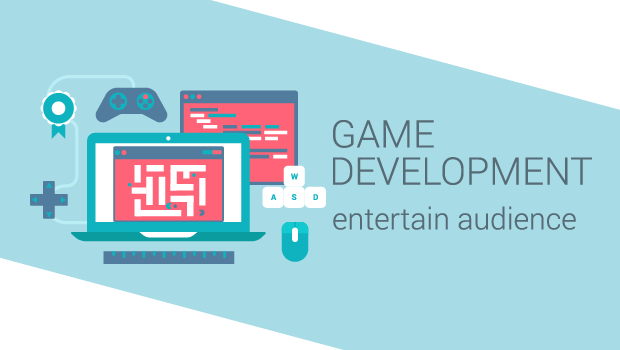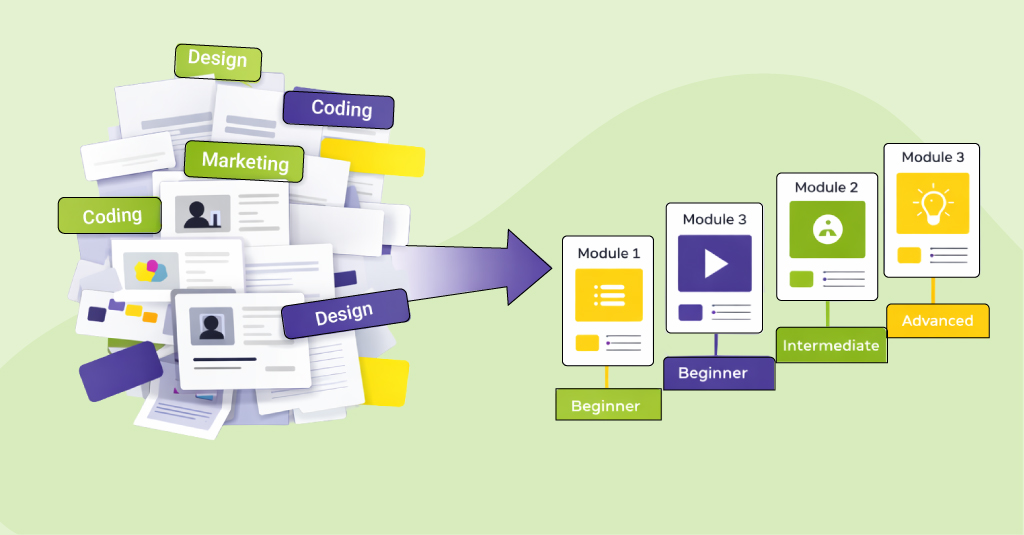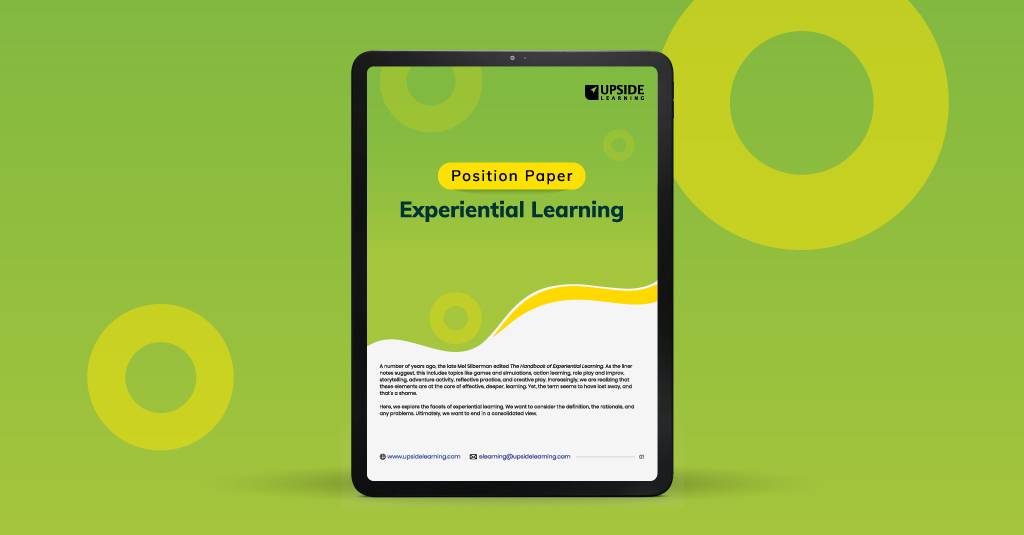Over so often I get asked what fundamentals of game design apply to the design of learning games – a very difficult question to answer that. In my opinion, every sort of principle ever used in the design of commercial video games applies to the creation of digital learning games as well. My opinion is that game design can’t really be reduced to a set of guidelines that instructional designers can follow to design games that teach. I’d even go so far as to say that game design is more of a philosophy than anything else, once you imbibe that philosophy the gaminess starts to permeate all your design, it fundamentally changes the way you think about user interface and experience design.
As a learning designer my primary responsibility is viewed as creating learning content and systems that meet instructional outcomes. I’ve started to take a different view – what’s more important for me as a designer is to deliver an ‘experience’. Today one aspect of offering a contemporary experience means leveraging media and metaphors from popular culture. Games have started to permeate popular culture, and this results in the need to include ‘gaminess’ in learning interactions to offer an engaging learning experience.
Playing video games is one obvious way to imbibe the essential philosophy of digital games and the varied game-play mechanics. The other is to look at other’s experiences, and there are many who’ve documented their game design experiences in various blogs. I’m listing (in no particular order) some of the ones we follow at Upside, perhaps you’ll find some good reading.
- Philomath Games – A constantly updated blog that includes posts that discuss a variety of game design and development issues. I’m an immediate fan of anyone who proclaims “I believe that game development is inherently about learning. I believe that interactivity itself, as an art and a science, is fundamentally closer than all previous human media to the thought processes integral to human identity. What we engage in when we play has fundamental similarities to the scientific method, and the means by which we explore and understand the world….”
- Game Design Blog – Another frequently updated blog that contains a wealth of information about game design and development. The posts are categorized differently from most other blogs – ’21 Behaviours of a Great Designer’; an interesting angle.
- A Games Design Blog – Rob Hale’s blog is another that covers the entire gamut of game design and development activities. He particularly offers a great first person view on what’s happening in the game design world, gives examples and provides some very useful insights.
- TooMuchImagination – A blog that hasn’t been updated in the recent months, but it still contains some very telling posts about game design and development.
- Applied Game Design – Wonderful posts on game and interaction design; definitely recommended. I especially like the post on creating a game design document; you might want to check it out.
- Casual Game Design – An old site, now dysfunctional, it remains one of my personal favorites, this blog gives great insights into casual games. That’s especially interesting because most learning games need to be casual in nature – easy to learn, quick to play with, and containing simple game mechanisms and reward structures.
- Fine Game Design – Writes about game interface design; there also tends to be interesting news from academia about the world of game design.
- Costik – An old blog that ran out of steam, but still contains fascinating posts on games. The author moved on to Play This Thing!
- Game Musings – Often talks about games for the iPhone and Facebook; which aligns really well with our interests in those areas – mobile gaming and social gaming. Eventually, I believe there is significant potential
- _BlackBored – Alright, this isn’t quite a blog, however it hosts some of the liveliest discussions, best articles and quite literally a ton of other stuff about games; a truly amazing place to learn.
- Screen Play – Great blog about various aspects of game design and development. I especially like the articles that give perspectives about driving projects creatively, yet being able to manage the development process well enough to deliver a refined product on time and within budget. These are constraints we see commonly in the learning industry.



















